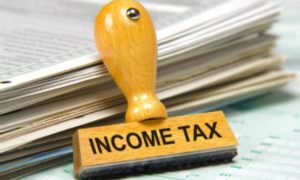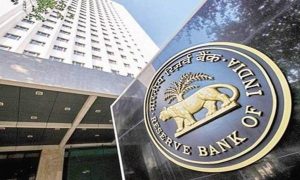CHENNAI: The next time you are filing tax returns, you may not have to spend time assessing which form is applicable for you as the Central Board of Direct Taxes (CBDT) has released a draft common IT return (ITR) form on Tuesday. This form is open for consultation and is set to be applicable for all assesses except those with income from charitable trusts.
Read More: ITR filing: One common ITR form for all taxpayers on the anvil; details here
Tax practitioners say the shift to a common form will make the return filing process less daunting for the layman. Taxpayers do not have to go through all sections to determine ones applicable for them but just answer a setof 30 wizard questions, which will then open up only the applicable schedules. Technology will help merge all the existing returns into one customised form for every assessee based on their answers, and this will particularly help small taxpayers and avoid amendments of returns, they said. However, this involves a bit of learning on the taxpayers side, who will now need to be more careful while answering the ‘yes/no’ questions and be fully aware of the implications, they added.
95265502
“This is a step in the right direction when it comes to simplifying the return filing process particularly for individuals. It will help ease the difficulties faced in deciding which form is applicable to them, as a first step,” KPMG partner Parizad Sirwalla said. Certain new schedules around areas like foreign remittances, virtual digital assets have been added, she added.
Read More: ITR Due Date: While normal taxpayers get no extension, what makes govt extend relief in audit cases?
“It is certainly a simplification but for certain sets of assesses and transactions, it hasbeen made more comprehensive and will result in more information collection upfront by the authorities,” S Vasudevan, executive partner, Lakshmikumaran & Sridharan Attorneys, said. For instance, for overseas companies and nonresidents with income in India, the information demanded via the returns is more than what it used to be. Similarly, in areas like bad debts, cash payments and capital gains, more detailed information of the transactions are now part of the schedule, he said.
Srivatsan Chari, co-founder of Clear (formerly ClearTax), believes frequent changes in the filing system and design can also make filing onerous for taxpayers, who have to re-learn the process to e-file

































